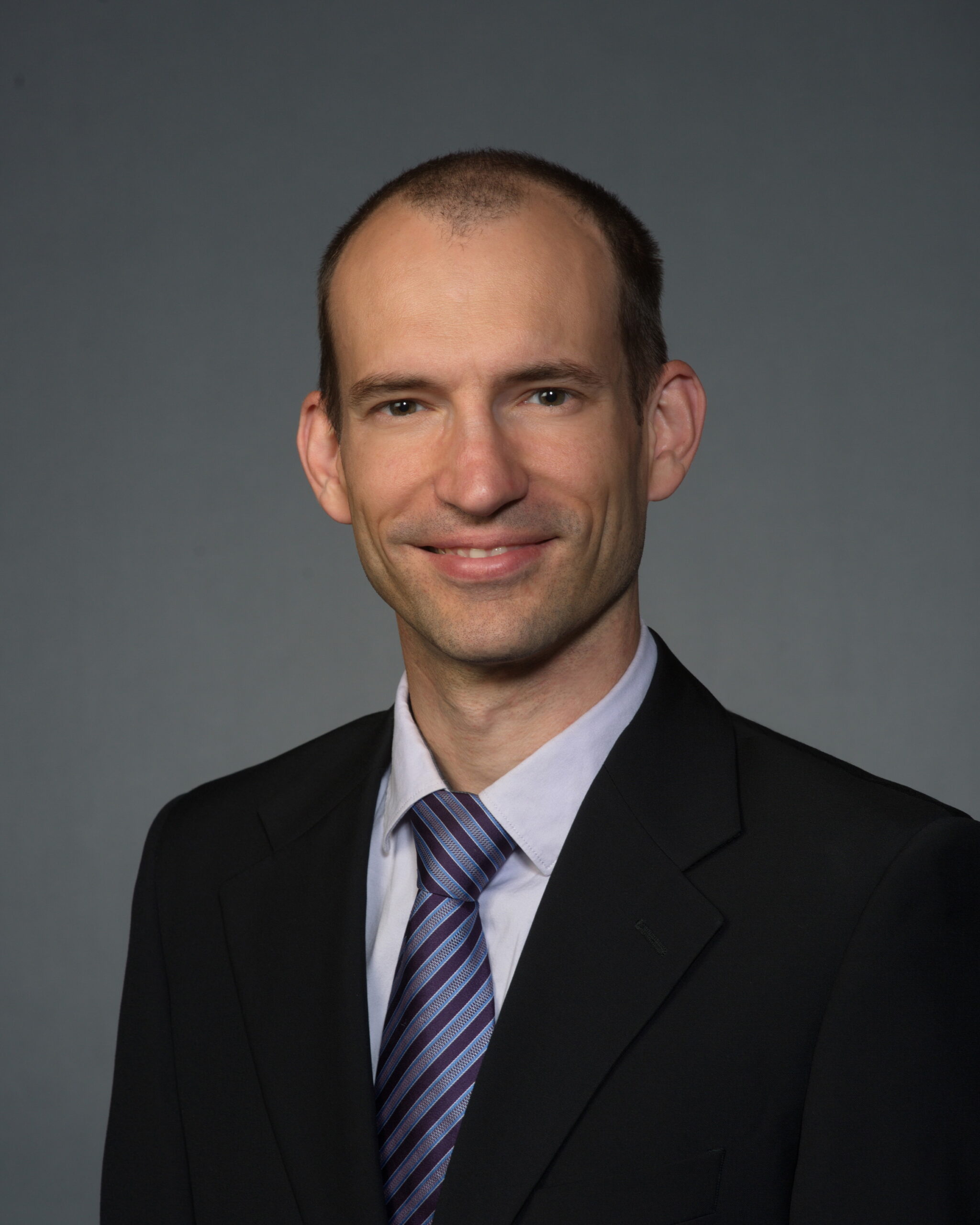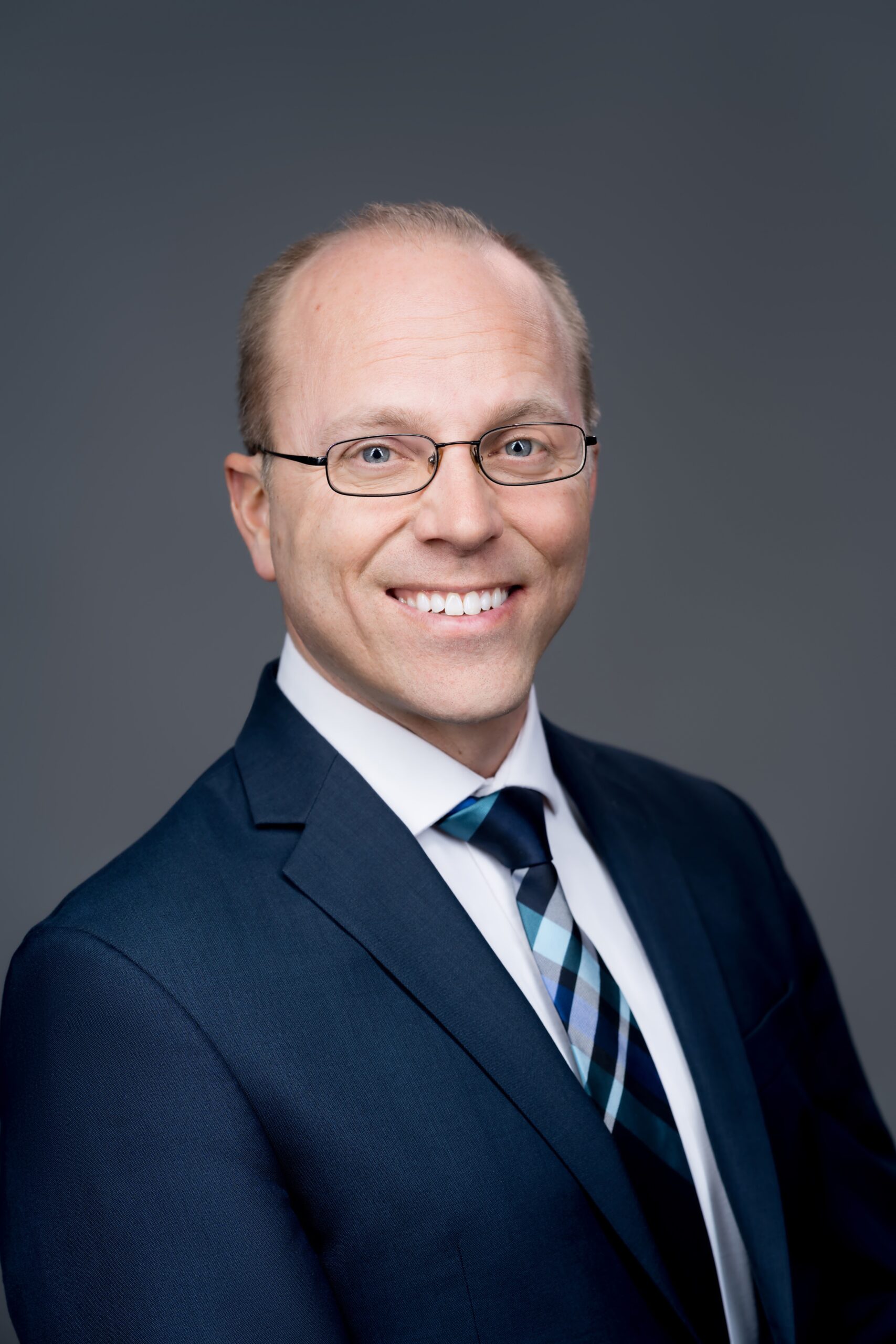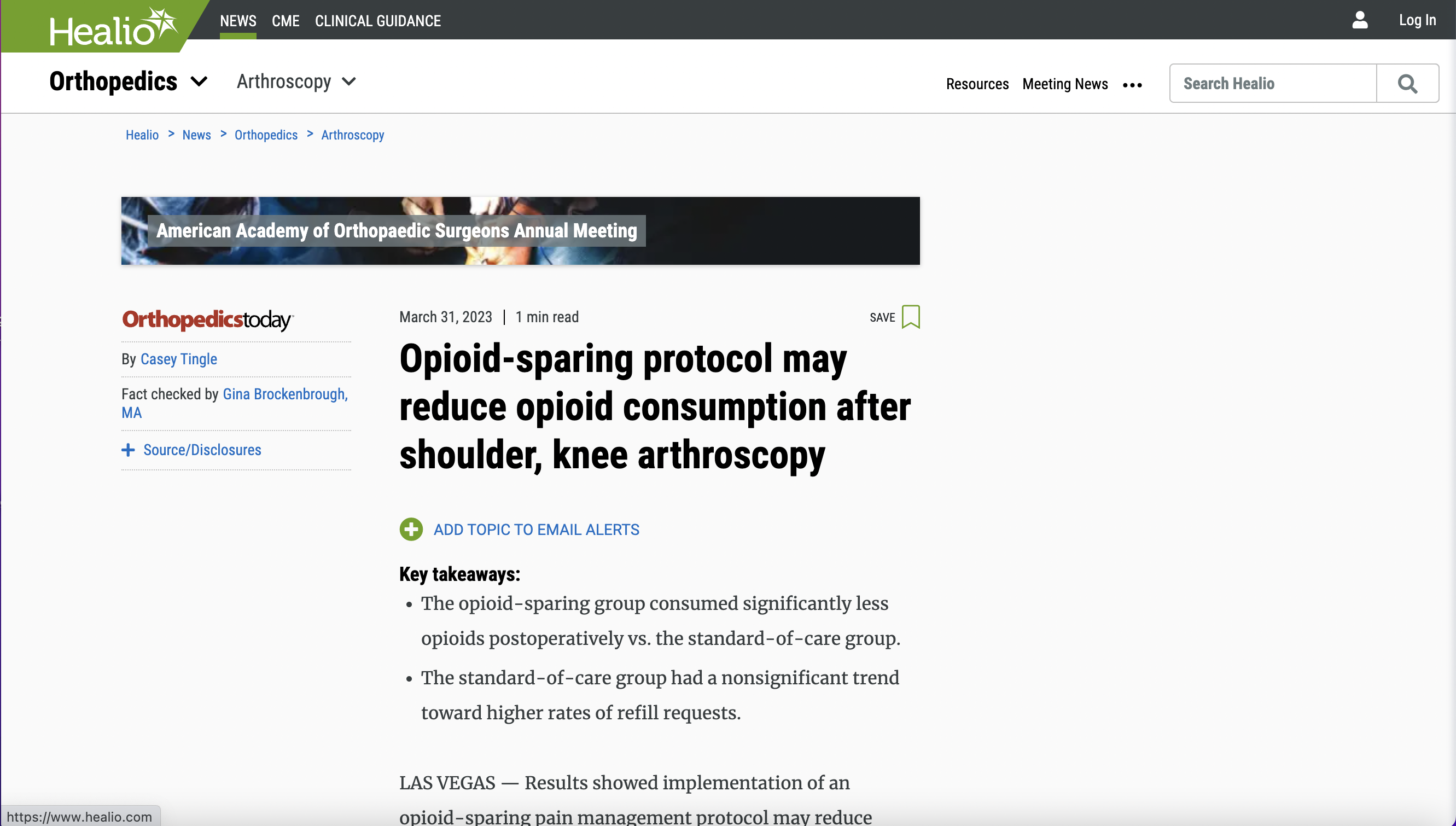This article was written by Vraj Parikh, an undergraduate at The University of North Carolina at Chapel Hill and member of the Healthcare Administration Leadership Program at Genesis.
Imagine you wake up in the middle of the night with severe abdominal pain. After a few hours of trying to ignore it, you decide to call an ambulance to take you to the emergency room. The doctors quickly diagnose you with appendicitis, and you are taken in for surgery. Within hours, you are informed that the operation is a success, and you can go back home within a couple of days.
This seems like a scenario with a happy ending, right? You received prompt medical care, and your health issue was resolved. You might expect this to be a typical hospital experience and a natural right, but the reality is much more unsettling.
Imagine it is a few weeks after you have been discharged from the hospital, and you receive your bill in the mail. To your shock, it’s for an astronomical amount. Despite having health insurance, the bill includes charges for the ambulance ride that took you to the hospital. It turns out that the ambulance service was out-of-network, and your insurance plan did not cover it.
This unexpected expense is known as a surprise bill. A surprise bill occurs when a patient receives a bill for medical services performed by out-of-network providers even though they received care at an in-network facility. Although current protections like the No Surprises Act tackle most of the prevailing forms of surprise billing, ground ambulance services are not covered under current protections.
So, how can someone avoid unexpected debt when they have no choice but to call an ambulance for emergency care? The short answer is they can not. According to Amin et al., the frequency of ground ambulance rides in the United States is exceptionally high, with ambulances transporting about 3 million people with private health insurance to the emergency room yearly. The researchers discovered that about half (51%) of these emergency ground ambulance rides included an out-of-network charge for ambulance-related services, which leaves privately insured patients at significant risk of receiving a surprise bill. In other words, “as many as 1.5 million privately insured patients who are brought to an emergency room by an ambulance may be at risk of getting a surprise medical bill each year” (Amin et al.). To put this into context, this is more people than the entire population of Philadelphia. This staggering number underscores how healthcare is a “business game” and a matter of “luck” rather than a universal right.
The No Surprises Act banned surprise billing by out-of-network providers in emergency rooms but did not consider that “one-in-ten emergency room visits for privately insured patients begin with an ambulance ride” (Amin et al.). The problem can not be fully solved if the foundational issue of transportation is not addressed. Lawmakers argue that the “varied types of ground ambulance services, existing local and state regulations, and a lack of cost data” (Hoadley and Stovicek) make it challenging to include provisions for ground ambulance transportation and emphasize leaving it up to the states. This strategy has failed miserably, as approximately less than “a third of states have protections in place” (Hoadley and Stovicek) to limit ground ambulance surprise billing. Adding to the concern, “in seven states (Washington, California, Florida, Colorado, Texas, Illinois, and Wisconsin), over two-thirds of emergency ambulance rides included an out-of-network charge for ambulance-related services that may pose a surprise bill risk” (Amin et al.). Even in states with local regulations on ground ambulance billing practices, these laws may only protect specific types of ground ambulance rides, which often excludes those covered by self-insured health plans.
Federal action is urgently required to protect our health. Congress must expand the No Surprise Act to emergency ground ambulance services to uphold our country’s commitment to ethical healthcare practice. America should view healthcare as a right where everyone can heal without unnecessary financial plight.
Cites:
Amin, Krutika, et al. “Ground Ambulance Rides and Potential for Surprise Billing.” Peterson-KFF Health System Tracker, 5 Jan. 2022, www.healthsystemtracker.org/brief/ground-ambulance-rides-and-potential-for-surprise-billing/#Among%20people%20with%20large%20employer%20coverage,%20the%20share%20of%20ground%20ambulance%20rides%20with%20an%20out-of-network%20charge,%202018.
Hoadley, Jack, and Nadia Stovicek. “Expanding the No Surprises Act to Protect Consumers from Surprise Ambulance Bills.” Commonwealth Fund, The Commonwealth Fund, 15 Feb. 2024, www.commonwealthfund.org/blog/2024/expanding-no-surprises-act-protect-consumers-surprise-ambulance-bills.












